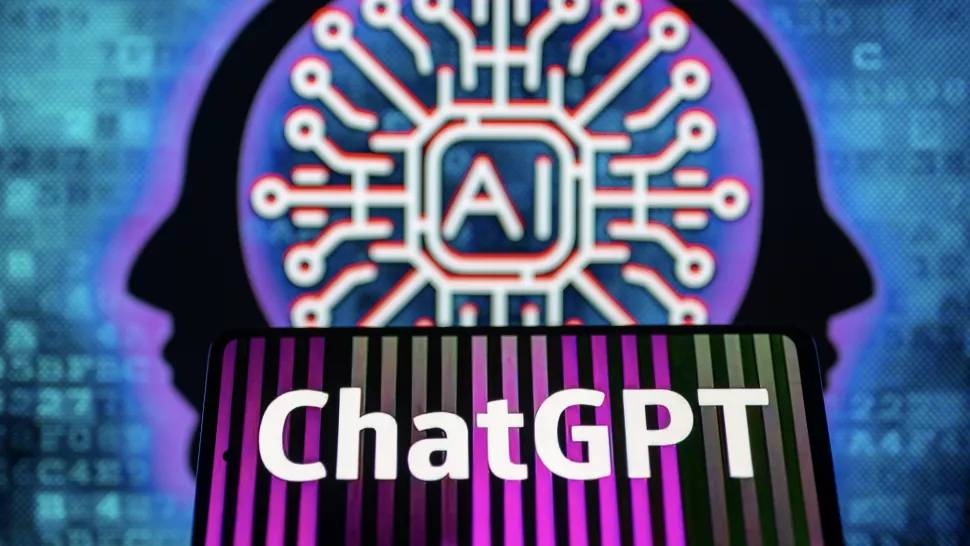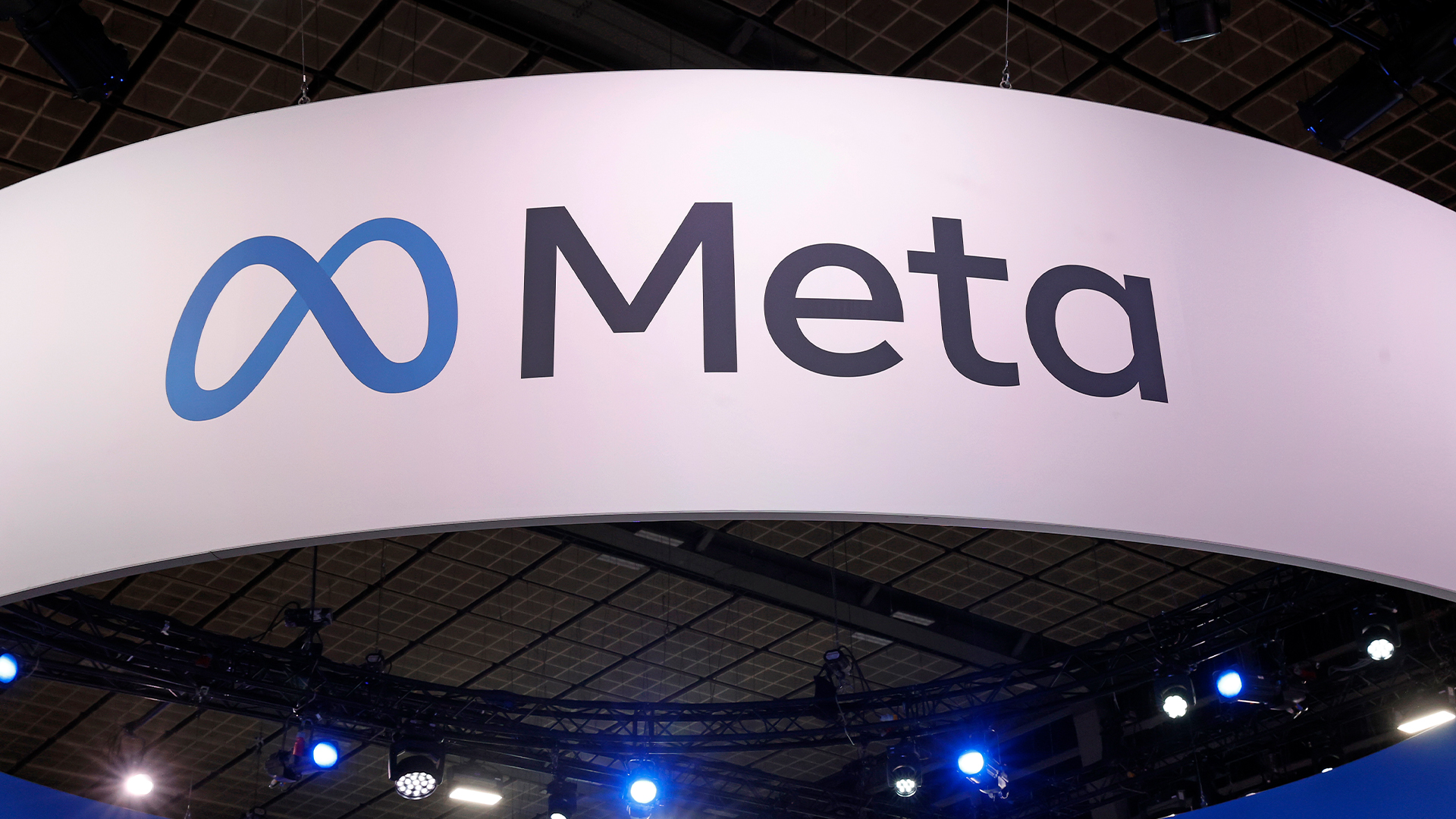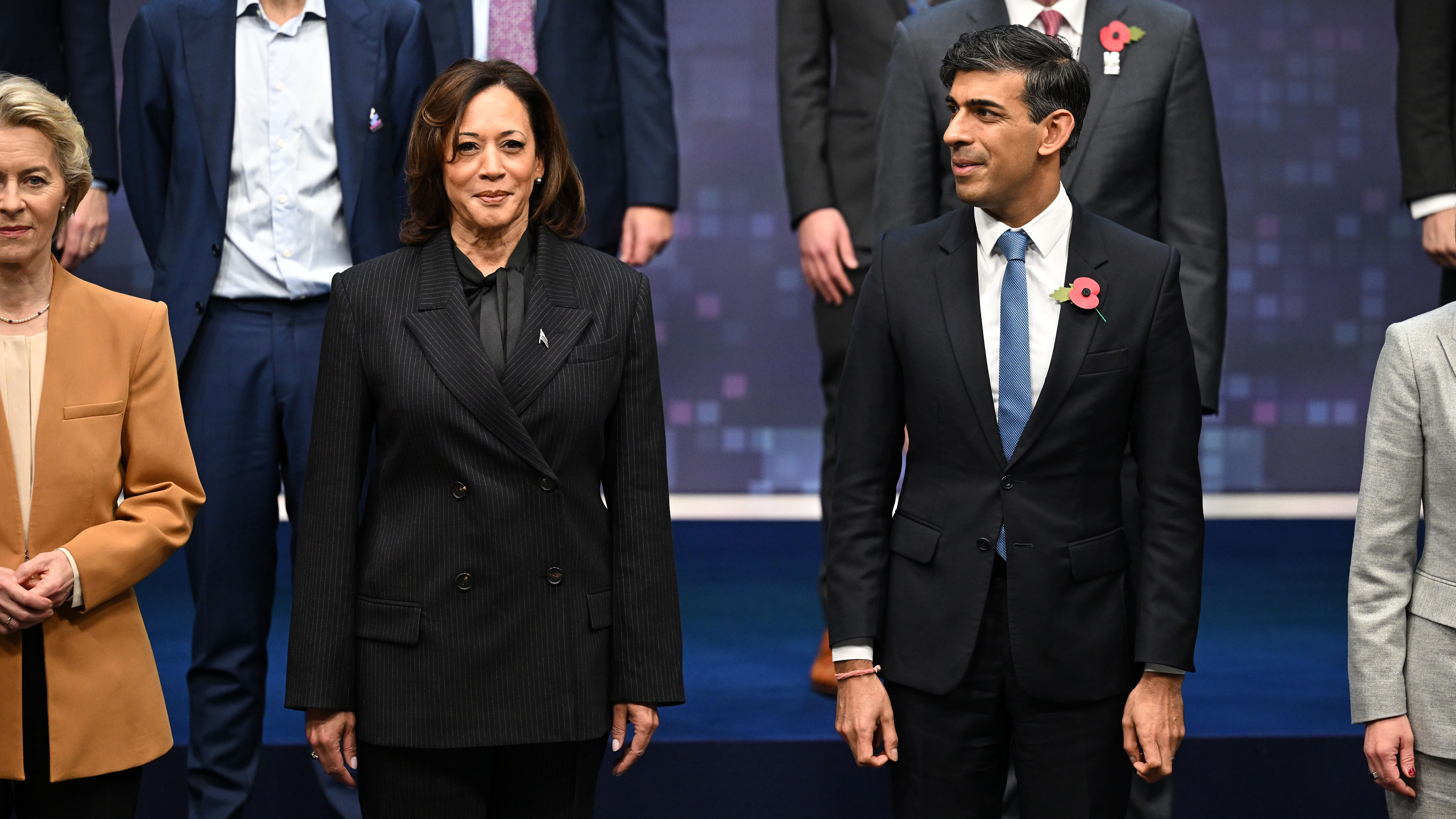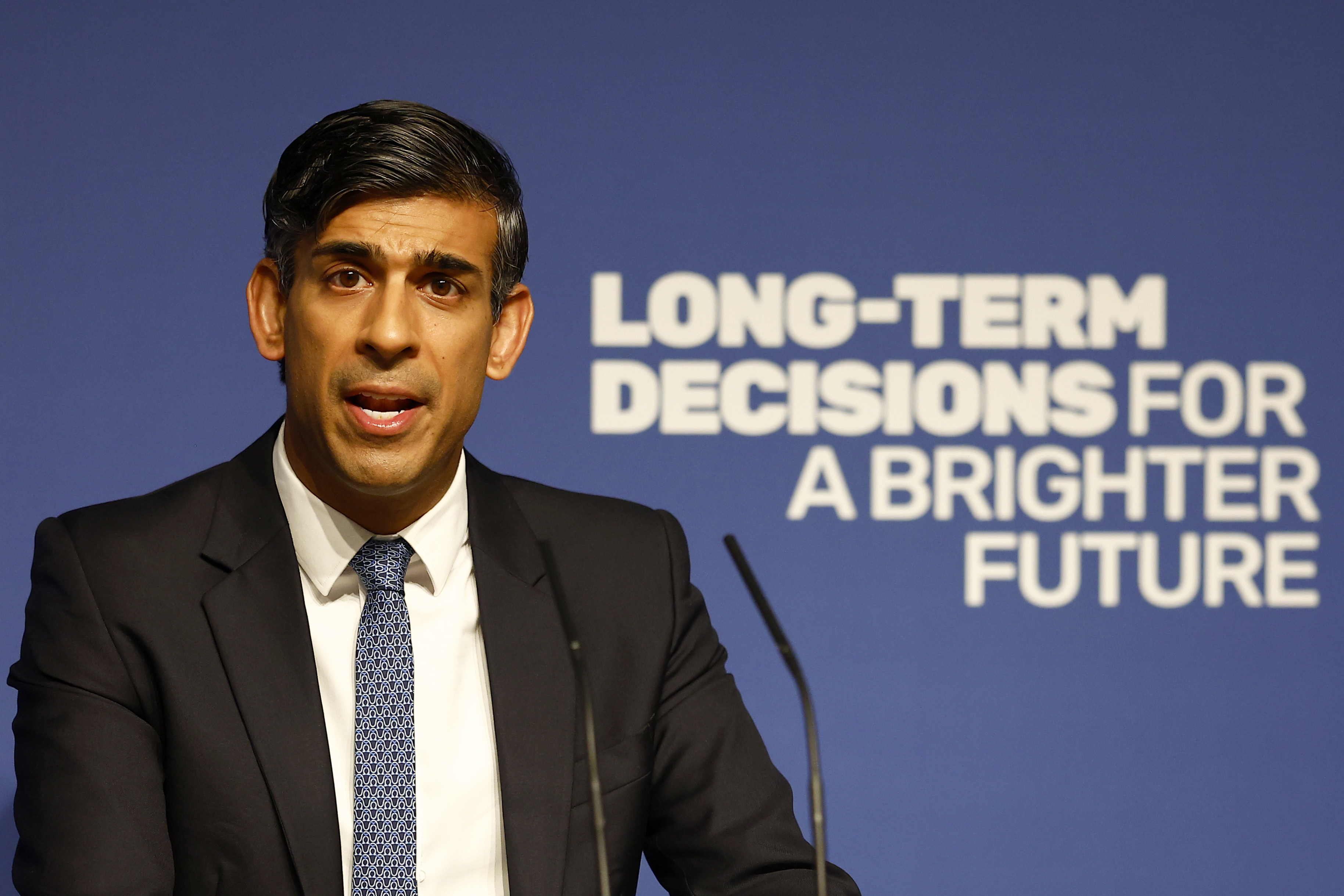AI-driven net zero projects receive large cash injection from UK gov
Funds have been awarded to projects that explore the development of less energy-intensive AI hardware and tech to improve renewables


The UK government has allocated a total of £3.75 million ($4.78 million) for green artificial intelligence (AI) projects that will work to decarbonize the UK economy and cement the UK’s place as a leader in the field.
Digital Catapult has been allocated £500,000 ($637,812) to launch the Artificial Intelligence for Decarbonisation’s Virtual Centre of Excellence (ADViCE).
This will act as a virtual hub for collaboration between public and private sector AI experts, and is to be run in conjunction with the Alan Turing Institute and Energy Systems Catapult.
A total of £1 million ($1.3 million) has been awarded to 12 projects in ‘strand 2’ of the program, with a further £2.25 million ($2.87 million) having been announced for future applicants.
Winning firms include London-based Secqai Ltd, which was awarded £100,000 to develop its extreme low-power AI technology that will aim to mimic the structure of the human brain. It is hoped the novel design will lead to new AI energy efficiencies.
“The ADViCE program will drive forward AI’s integral role in solving critical decarbonization challenges,” said Dr Jeremy Silver, CEO at Digital Catapult.
“The program partners sit at the heart of the UK’s dynamic AI ecosystem and are perfectly placed to forge collaborations between the technology community and some of our most carbon-intensive sectors.
Sign up today and you will receive a free copy of our Future Focus 2025 report - the leading guidance on AI, cybersecurity and other IT challenges as per 700+ senior executives
“Smart use of AI and data will be fundamental to meeting the UK’s net zero commitment. ADViCE will support those building the algorithms and those investing in AI solutions in the most impactful way possible.”
Open Climate Fix Ltd also received £121,500 ($155,000) to produce an AI system that will use satellite imagery, weather data, and real-time data from the national grid to forecast solar power generation.
RELATED RESOURCE

What does ChatGPT mean for business? - How to drive disruptive value with Generative AI.
Watch this one hour webinar and discover how your business can responsibly leverage generative AI solutions at scale
As renewable energy such as solar and wind experiences peaks and troughs tied to the time of day and weather, accurate forecasting allows the grid to provision the right storage to be online. It will also reduce the need for ‘constraint payments’, in which renewable operators are paid to lower energy production that the grid cannot facilitate.
The program is now accepting applications for its strand 3 funding, with software developers, innovators, and companies such as energy firms encouraged to make a submission by the deadline of 10 October.
AI has been identified as a potentially powerful tool when it comes to the clean technology sector and decarbonization efforts.
The technology is being plumbed for use in carbon storage by Microsoft, and used to perform complex physics simulations that provide scientists with more accurate climate projections than is possible through traditional data science.
Salesforce has also partnered with the Australian Institute for Machine Learning (AIML) and Green Industries SA (GISA) to provide businesses with insight into how they can net zero goals faster.
Greater energy efficiency will also be necessary for AI itself, as the technology is currently set to massively increase the power demands for data centers. If this is not matched with investments in renewables to produce clean energy at source, AI could quickly have an outsized carbon footprint.
HPE has committed to carbon-neutral AI and other firms have begun work on ensuring the water used to cool AI data centers is part of a renewable system, such as Equinix’s rooftop data center farm and AWS’ aims to be ‘water positive’ by 2030.

Rory Bathgate is Features and Multimedia Editor at ITPro, overseeing all in-depth content and case studies. He can also be found co-hosting the ITPro Podcast with Jane McCallion, swapping a keyboard for a microphone to discuss the latest learnings with thought leaders from across the tech sector.
In his free time, Rory enjoys photography, video editing, and good science fiction. After graduating from the University of Kent with a BA in English and American Literature, Rory undertook an MA in Eighteenth-Century Studies at King’s College London. He joined ITPro in 2022 as a graduate, following four years in student journalism. You can contact Rory at rory.bathgate@futurenet.com or on LinkedIn.
-
 The UK government is working with Meta to create an AI engineering dream team to drive public sector adoption
The UK government is working with Meta to create an AI engineering dream team to drive public sector adoptionNews The Open-Source AI Fellowship will allow engineers to apply for a 12-month “tour of duty” with the government to develop AI tools for the public sector.
-
 ‘Archaic’ legacy tech is crippling public sector productivity
‘Archaic’ legacy tech is crippling public sector productivityNews The UK public sector has been over-reliant on contractors and too many processes are still paper-based
-
 Public sector improvements, infrastructure investment, and AI pothole repairs: Tech industry welcomes UK's “ambitious” AI action plan
Public sector improvements, infrastructure investment, and AI pothole repairs: Tech industry welcomes UK's “ambitious” AI action planNews The new policy, less cautious than that of the previous government, has been largely welcomed by experts
-
 UK government trials chatbots in bid to bolster small business support
UK government trials chatbots in bid to bolster small business supportNews The UK government is running a private beta of a new chatbot designed to help people set up small businesses and find support.
-
 The UK's hollow AI Safety Summit has only emphasized global divides
The UK's hollow AI Safety Summit has only emphasized global dividesOpinion Successes at pivotal UK event have been overshadowed by differing regulatory approaches and disagreement on open source
-
 Rishi Sunak’s stance on AI goes against the demands of businesses
Rishi Sunak’s stance on AI goes against the demands of businessesAnalysis Execs demanding transparency and consistency could find themselves disappointed with the government’s hands-off approach
-
 UK aims to be an AI leader with November safety summit
UK aims to be an AI leader with November safety summitNews Bletchley Park will play host to the guests who will collaborate on the future of AI
-
 Who is Ian Hogarth, the UK’s new leader for AI safety?
Who is Ian Hogarth, the UK’s new leader for AI safety?News The startup and AI expert will head up research into AI safety

